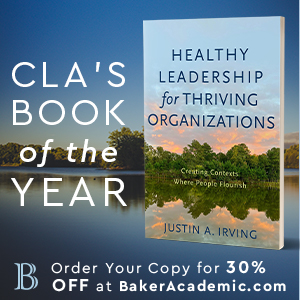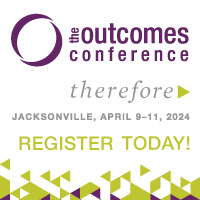
Faith and Work By Dr. Gary Hoag
 What is God’s design for the intersection of faith and work?
What is God’s design for the intersection of faith and work?
The intersection of faith and work is a hot topic. Rightly so! Work takes up the largest sum of the waking hours of every steward. To borrow the language of Christian philosopher, Francis Schaeffer, we must ask and answer the question: “How should we then work?” This post explores work and earning by showing what the world teaches as compared to what we read in God’s Word. Consider five contrasting points for discovering God’s design for work.
The Purpose of Work
The world teaches that the purpose of work is to make as much money as possible. The world says, “Work is a necessary evil to get money to get the things you want.”
Alternatively, in God’s Word we learn that God made us to work (Genesis 2:15). But we don’t do it for money! A fair wage is a byproduct of fruitful work, but it’s not our motivation. Many have shipwrecked their lives and careers chasing after money. God’s workers, regardless of their occupation, work to bring glory to God (Colossians 3:17, 23).
Scottish professor, William Barclay, sums up the significance of this idea: “There is nowhere we can serve God better than in our daily work.”
The Process of Growth as Workers
The world says smart workers get other people to do their work for them. The narrative proclaims, “Do whatever it takes to climb the corporate ladder.”
Instead God’s Word reminds us that faithful workers use their God-given gifts to serve others. Notice how the trajectory changes. As my friend and fellow author, J.D. Walt, puts it, “Down is the new up!” Rather than focusing on lording over people, we as God’s workers get to serve more people as we grow as workers (Luke 22:24-27).
The Value of Productivity
The world tells us that the value of work is only instrumental; it’s only a means to an end of making money. Sadly, this leads people to think, “My work doesn’t matter!”
Because work is good, it has both intrinsic and instrumental value. It’s a means for having funds to be rich toward God, to care for our families and to give the needy who cannot work, and it’s an end as good work glorifies God who made us to work (1 Timothy 5:8; 1 Corinthians 10:31, 2 Thessalonians 3:6-15).
When we are productive, the gain or income from our work often grows. This is where we as God’s workers must be on guard! We must not fall into the trap of thinking life consists in having money and possessions (Luke 12:13-15).
The Function of Gain
The world says that the function of gain is to store up money for myself. It says, “I earned this money. It’s mine! I have to look out for myself and my family.” Jesus explicitly warns that only fools follow that path. Their actions betray that they have misplaced their trust (Luke 12:16-21).
God’s workers depend on God who enables workers to make money (Deuteronomy 8:18). It all belongs to Him (Psalm 24:1). His Word commands us to enjoy and share our gain, but never to store it up for ourselves (1 Timothy 6:17-19; Matthew 6:19-21). We trust in what we hold on to, and God wants our hands free to hold on to Him!
The Legacy of Great Workers
The world teaches that great workers labor as little as they can for as few years as possible. It advertises, “Retire young so you can eat, drink, and be merry!”
As God’s workers, we must be diligent to tune out these messages. We don’t stop working because we don’t know when our hour will come (Ecclesiastes 9:12). Instead, we “rehire” and find opportunities for fruitful service at every age. As we grow older, often our best work is to aid and assist the next generation of workers (Numbers 8:23-26).
At every turn, we as God’s workers must discern and avoid the world’s way of thinking. Simultaneously we need to tune into what God’s Word teaches and do what it says. “How should we then work?” Good and faithful workers follow God’s design as set forth in His Word. When we do, we experience fruitfulness and take hold of life!
These five points comprise one lesson of ten in a new series called, Good and Faithful: Ten Stewardship Lessons for Everyday Living. To learn more, freely click this link to stream ten short videos. You can also buy the book to explore the lessons more deeply as an individual or with others in church or ministry settings.
####
Gary Hoag, Ph.D., (New Testament, Trinity College, Bristol, UK), serves as a visiting professor at six seminaries, on part-time basis as ECFA International Liaison, and is known widely as “the Generosity Monk” because he has dedicated his life to encouraging Christian generosity. Subscribe to his daily blog at www.generositymonk.com
Less than one week to save on your registration!
Early discounts now through October 31, 2017
www.OutcomesConference.org

What is Christian Leadership Alliance?
Christian Leadership Alliance equips and unites leaders to transform the world for Christ. We are the leaders of Christ-centered organizations who are dedicated to faithful stewardship for greater kingdom impact.
Sign up for FREE blog updates.
Upcoming Events
Check back later!




